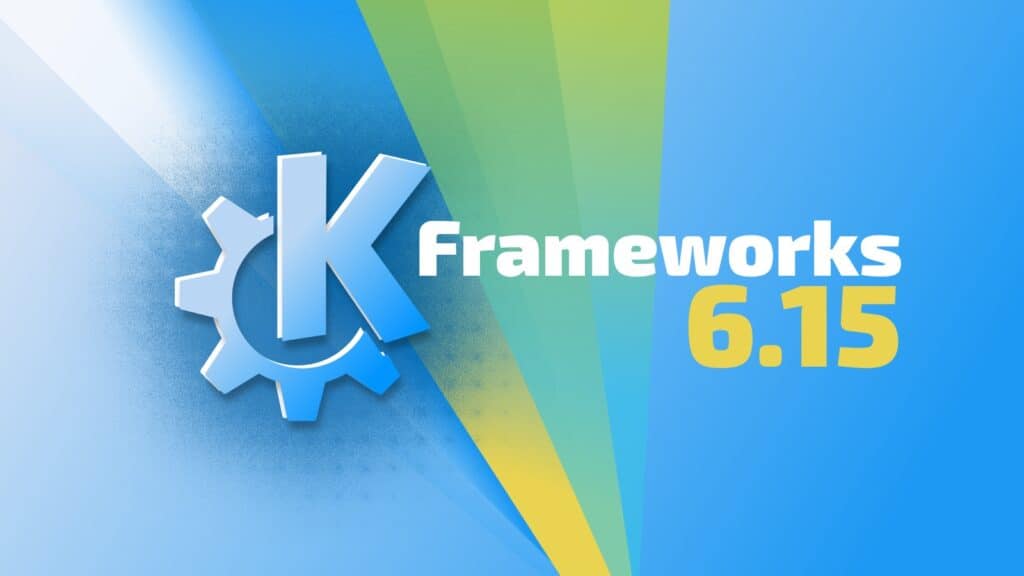Over a month after its previous 6.14 release, KDE announced the launch of Frameworks 6.15, expanding its collection of add-on libraries to Qt and enhancing functionality available to developers across various platforms.
One of the most notable changes in this release is the widespread migration to QDoc syntax across nearly all frameworks. QDoc, Qt’s documentation tool, replaces the older Doxygen-based system, ensuring better integration with Qt’s own documentation and a more streamlined process for maintaining API references.
Additionally, several components—including KArchive, KIO, and Kirigami—have received critical bug fixes. For instance:
- KArchive now properly handles malformed 7z files, preventing crashes and infinite loops.
- KIO has improved remote file thumbnail caching and fixed issues with file dialog navigation.
- Kirigami (KDE’s lightweight UI framework) has resolved rendering bugs and refined touch event handling for smoother mobile and tablet experiences.
Beyond stability improvements, KDE Frameworks 6.15 apps collection introduces several new capabilities:
- LZIP compression support in KArchive.
- SunEvents support in KHolidays allows applications to track sunrise/sunset times for location-aware features.
- KFormat::formatTime() in KCoreAddons offers more flexible time-formatting options.
- Improved template handling in KTextEditor, fixing edge cases in script evaluation and field mirroring.
Lastly, the release also includes build system refinements, such as:
- Better Python bindings detection and handling.
- Fixes for FreeBSD compatibility in KCalendarCore.
- CMake module improvements, including better handling of QDoc generation and warnings.
For those who prefer to build from source, the entire codebase for Frameworks 6.15 is available for download from KDE’s official website. On Linux, the recommended approach is to install binary packages from your distribution’s repositories.
Visit the official release announcement for more detailed information about KDE Frameworks 6.15, including a full list of updates and bug fixes.
